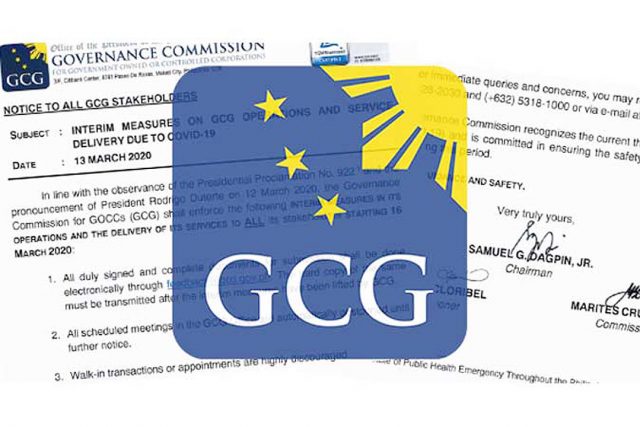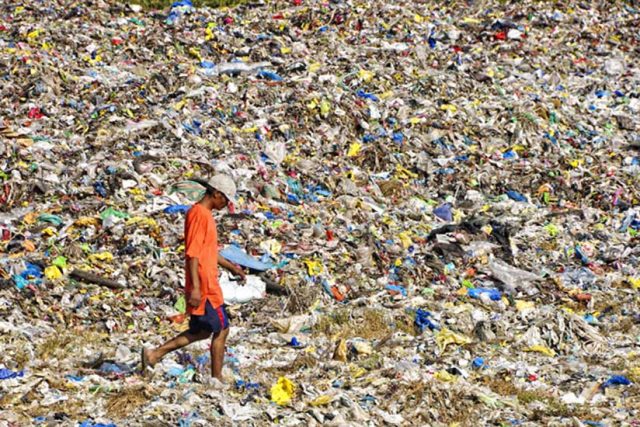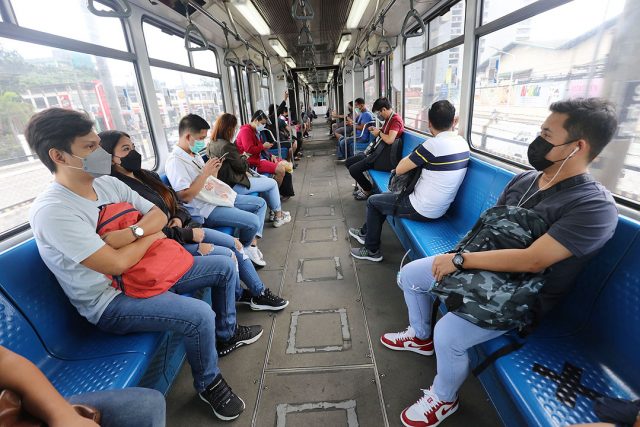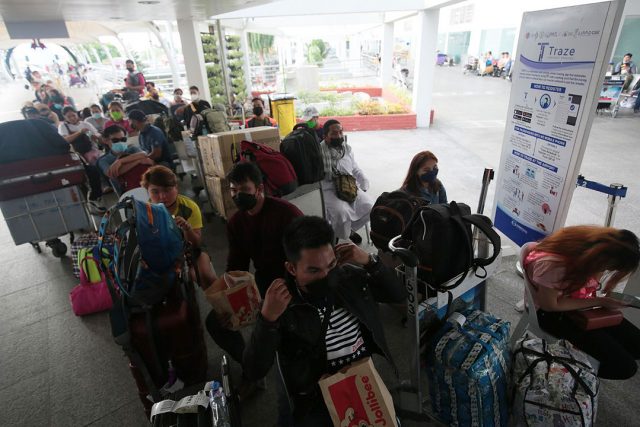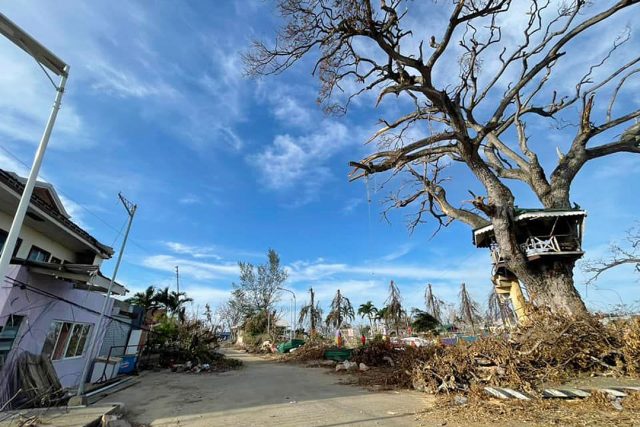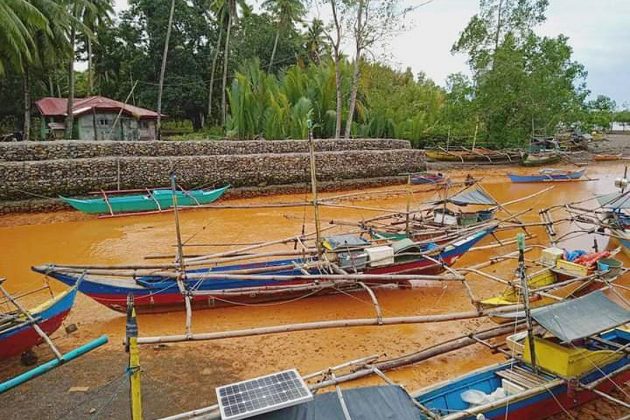(First of two parts)
Played out against a landscape of evolving social expectations from businesses under current conditions, corporate integrity is foundational to fostering trust among the various stakeholders in an organization. The importance of corporate integrity has also grown in the immediate aftermath of the pandemic, as revealed by the EY Global Integrity Report 2022.
Conducted between June and September 2021 by global market research agency Ipsos MORI, the EY Global Integrity Report 2022 surveyed 4,762 board members, managers and employees from large organizations in a wide spectrum of industries, including financial services, government and public sector, consumer products, manufacturing, life sciences, professional services and others from 54 countries in North and South America, the Far East, Western and Eastern Europe, and the Middle East, India and Africa. The report shows that 97% of the respondents indicated that they value corporate integrity. Companies are also intensifying their reinforcement of integrity through training and communication; 37% of respondent companies now have a statement of organizational values in place, 46% are investing in integrity training, and 53% have a code of conduct in place.
While the report did not include respondents from the Philippines, we believe that the insights from the report offer much food for thought for local business leaders who place great emphasis on corporate governance and integrity.
Respondents are placing greater responsibilities on their corporate leaders, with as much as 68% expecting CEOs to tackle societal problems unaddressed by government and 65% saying that CEOs should be accountable to both the public and shareholders. These rising expectations have led to organizations being asked to more formally report on the non-financial aspects of their operations. These include not just philanthropic or corporate social responsibility (CSR) programs that fall outside their core businesses, but also environmental, social and governance (ESG) measures that determine how the core business impacts the community and the planet.
The report also shows that organizations are struggling to close the gap between what they say and what they do. As organizations start taking steps to rebuild the economy, rewriting processes for digital transformation and recalibrating how and where work is performed, an opportunity to close the gap between reality and rhetoric presents itself. Integrity in business does not merely refer to ticking boxes in compliance and risk management; it is about securing the organization, its reputation, and its assets — all of which drive sustainable, long-term value.
The EY Global Integrity Report 2022 provides insights on accelerating the integrity agenda, and in the first part of this article, we detail how companies must define and embed integrity into their culture.
EMBEDDING INTEGRITY INTO THE CULTURE
Because ethical dilemmas are different for various organizations and situations, no two companies will have the same definition of integrity, nor will they utilize the same mechanisms to instill integrity into their organizations. It then becomes imperative for integrity to be a fundamental component of corporate strategy in any organization.
The report reveals that only 33% of its respondents believe that integrity means behaving with ethical standards. Meanwhile, 50% define it as complying with codes of conduct, laws and regulations. Somewhat alarmingly, the results also show that of the 442 board members, 15% were more likely to falsify financial records as their employees, and 17% were more likely to ignore unethical conduct by third parties. This makes it unsurprising for 58% board members to be fairly or very concerned if their decisions were to come under public scrutiny, compared to only 37% of employees.
Though it should be noted that this is only a single snapshot of board behavior, which can vary considerably by country, region and industry, the data showed a significant change in emerging markets: the propensity of board members to act unethically increased from 34% to 41% between 2020 and 2022. There are also differences in how management and staff see integrity values within their organization: 77% of board members and senior managers are confident that employees within their organizations can report wrongful acts without fearing negative consequences, yet 20% of employees disagree with this. This year’s report even revealed a drop in survey respondents who reported misconduct, from 23% in 2020 to 19% in 2022.
A large majority of surveyed companies at 93% also have codes of conduct, with a mix of training and whistleblowing policies in place. However, even though 59% of the respondents say that they do have “training for employees,” 15% of those employees are either unaware that these measures exist or claim that they do not exist. This shows that although organizations are investing in more training and communication programs to instill integrity, the messaging may not be effective. Though 60% of board members say that their organization frequently communicated about the importance of integrity within the past 18 months, only 30% of employees remember these communications.
These findings reveal the danger that organizations are relegating their integrity agenda to box-ticking without giving real attention to deepening their integrity culture, which rests on actual behavior and organizational intent.
The pandemic has only increased the challenge as well, with 54% of board members saying that the pandemic is making it more difficult to conduct business with integrity. Disruptions have added to the challenge of corporate survival, while increased digitization, which moved more of a company’s operations to the cloud, has further tested risk management processes. The risk landscape itself has become more disrupted, with another report, the EY Global Board Risk Survey 2021, saying that 87% of more than 500 board directors around the world think that market disruptions are now more frequent, while 83% say they are more impactful. The 2021 EY Global Information Security Survey also found that many businesses have sidestepped cybersecurity processes to facilitate flexible and remote working in the wake of COVID-19.
Because of an increased focus on surviving the disruptions and uncertainty caused by the pandemic, companies have let go of non-essential activities — possibly including integrity agenda. Leaders will have to rethink of procedures for a post-pandemic era with a pivot to full digitization and a distributed workforce.
In the second part of this two-part article, we will discuss how companies can create an optimal environment that encourages integrity, and how the integrity agenda can be innovated and transformed to minimize external threats while protecting value.
This article is for general information only and is not a substitute for professional advice where the facts and circumstances warrant. The views and opinions expressed above are those of the author and do not necessarily represent the views of SGV & Co.
Roderick M. Vega is a partner and the Forensic and Integrity Services leader (FIS) of SGV & Co.

